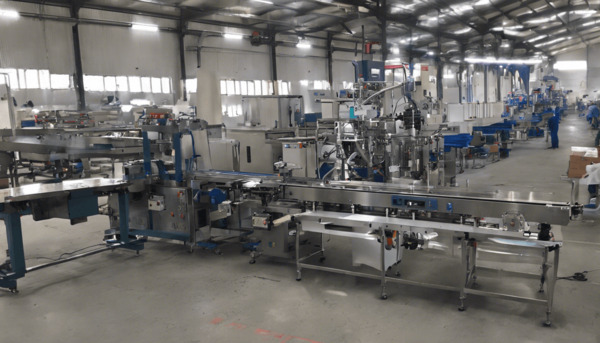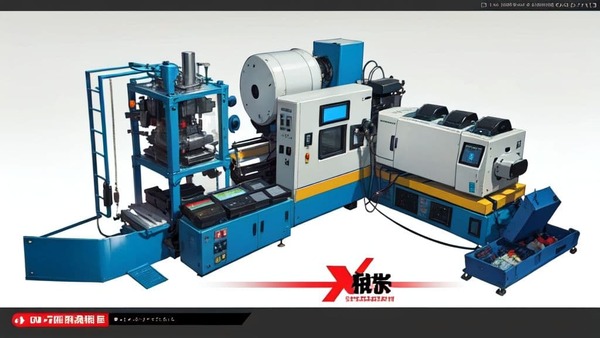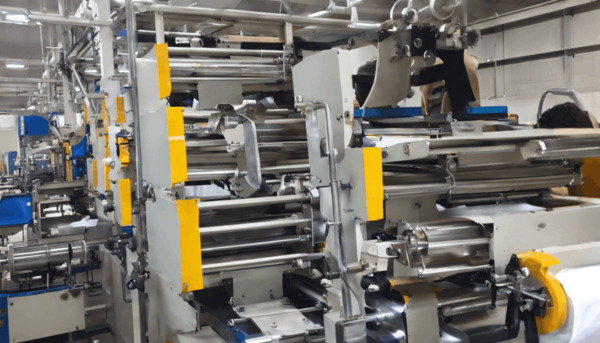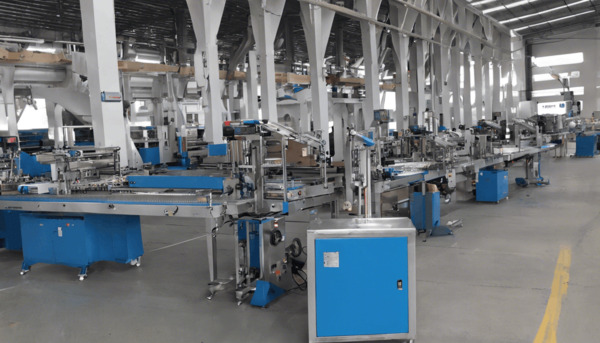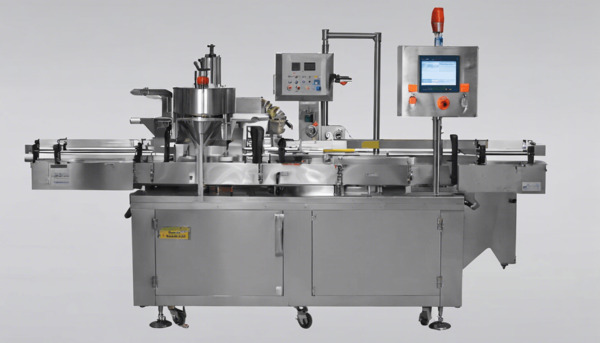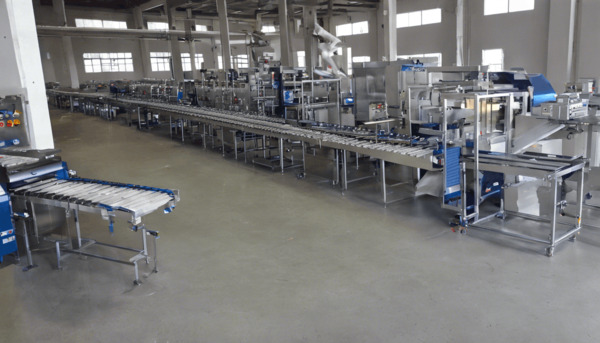
Understanding Case Sealers
A case sealer is an essential piece of equipment in the packaging industry, designed to efficiently seal boxes or cartons. It is widely used in various industries, including food and beverage, pharmaceuticals, electronics, and more, to ensure that products are securely packaged for distribution and sale. The primary function of a case sealer is to apply adhesive tape or glue to close the flaps of a box, providing a secure seal that protects the contents during transportation and storage.
Types of Case Sealers
There are several types of case sealers, each designed to meet specific packaging needs. The most common types include:
1. Uniform Case Sealers: These machines are ideal for sealing boxes of the same size. They are often used in production lines where the same product is packaged repeatedly, providing consistent and efficient sealing.
2. Random Case Sealers: Unlike uniform case sealers, random case sealers can adjust to different box sizes automatically. This makes them suitable for operations where various products with different packaging dimensions are processed.
3. Semi-Automatic Case Sealers: These machines require some manual intervention, such as folding the top flaps of the box before sealing. They are cost-effective solutions for businesses with moderate packaging needs.
4. Fully Automatic Case Sealers: Fully automatic machines handle the entire sealing process without manual assistance. They are ideal for high-volume production lines, offering speed and efficiency.
Key Features and Benefits
Case sealers come with various features that enhance their functionality and efficiency. Some of the key features include:
1. Adjustable Settings: Many case sealers allow for adjustments in sealing speed, tape tension, and box size, providing flexibility to accommodate different packaging requirements.
2. Durable Construction: Built with robust materials, case sealers are designed to withstand the rigors of industrial environments, ensuring longevity and reliability.
3. Safety Features: Modern case sealers are equipped with safety mechanisms, such as emergency stop buttons and protective guards, to ensure operator safety during operation.
4. Cost Efficiency: By automating the sealing process, case sealers reduce labor costs and minimize the risk of errors, leading to cost savings for businesses.
Applications of Case Sealers
Case sealers are used in a wide range of industries due to their versatility and efficiency. Some common applications include:
1. Food and Beverage: Ensuring that food products are securely sealed to maintain freshness and prevent contamination.
2. Pharmaceuticals: Providing tamper-evident seals for pharmaceutical products to ensure safety and compliance with regulations.
3. Electronics: Protecting sensitive electronic components from damage during shipping and handling.
4. E-commerce: Facilitating the efficient packaging of various products for online retailers, ensuring that items reach customers in perfect condition.
Choosing the Right Case Sealer
Selecting the appropriate case sealer for your business depends on several factors, including production volume, box sizes, and budget. Here are some considerations to keep in mind:
1. Production Volume: For high-volume operations, a fully automatic case sealer may be the best choice, while smaller businesses might opt for a semi-automatic model.
2. Box Sizes: If your business handles a variety of box sizes, a random case sealer with automatic adjustments would be beneficial.
3. Budget: Consider the initial investment and long-term savings in labor and efficiency when choosing a case sealer.
4. Maintenance and Support: Ensure that the manufacturer offers reliable support and maintenance services to keep the machine running smoothly.
Conclusion
Case sealers are invaluable tools in the packaging industry, offering efficiency, consistency, and cost savings. By understanding the different types of case sealers and their applications, businesses can make informed decisions to enhance their packaging operations and improve overall productivity. Whether you’re sealing a few boxes a day or managing a high-volume production line, there’s a case sealer that can meet your needs and help streamline your packaging process.
